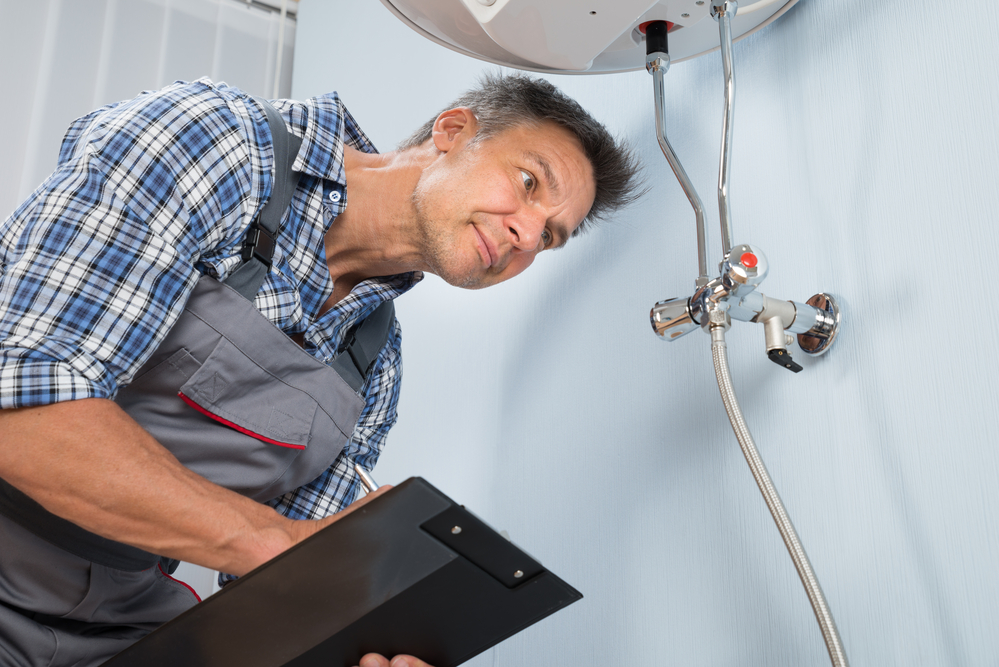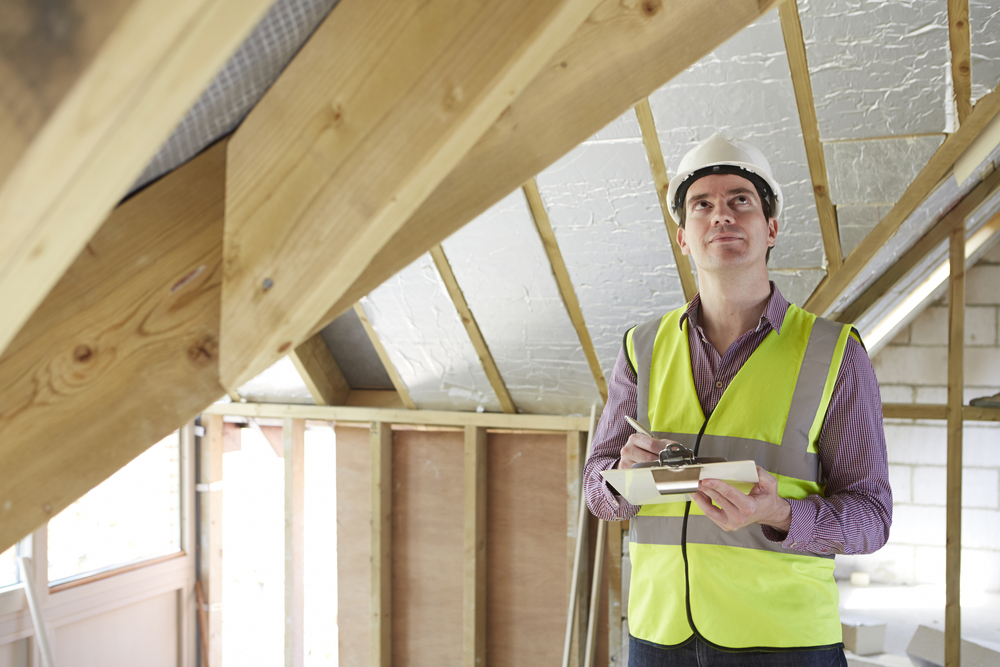4-Point Home Insurance Inspection Florida
The 4-point home inspection is a type of home inspection that looks at four main systems: Roofing, Plumbing, HVAC, and Electrical. This type of inspection ensures that all these systems are working correctly and won’t need a replacement for the next five years. It’s quite a short process and won’t take more than 30 minutes if you hire a certified home inspector in Florida.
If you are buying a home in Florida, you will likely have to apply for insurance coverage before closing the deal. The insurance company will require you to take care of the property with a 4 point inspection.
Your insurance plan will save you in case something unfavorable happens. Insurance companies have a liability, and they want to minimize their loss. In addition, they want to ensure that your home is a good fit for a good life.
While these inspections are more comprehensive than a general home inspection, they’re not as comprehensive as the full home inspection. Here’s what you need to know about 4-point home inspections in Florida:
Why do I need a 4-point inspection?
A 4-point home inspection helps ensure that your new home isn’t a money pit. Unfortunately, many homeowners neglect these crucial areas because they don’t think they’re necessary or will cost too much money. However, it’s better to know about these issues before purchasing your house so that you can decide whether or not it’s worth making repairs right away or waiting until later on.
At Hound Dog, we offer you a comprehensive 4-point home inspection in Florida. Click here to see how it works.
What happens during an inspection?
Your inspector will check all four systems mentioned above: roofing, plumbing, HVAC, and electrical (including the wiring). He or she will also look for signs of damage from weather conditions and age. Your insurance company wants to ensure that these parts have a manufacturer warranty. The owner should update these systems if the home is older.
A home inspector will check out the interior and exterior of your house and any attached structures like garages, decks, or sheds. They’ll look at heating, electrical, plumbing, roofing materials, and more.
They may also check out things like your home’s foundation (if needed), the exterior walls for cracks, and other issues that could lead to water damage or insect infestation over time. They’ll check signs of pests such as termites or rodents that might have made their way into your house while you weren’t looking!
Here’s a rundown of what a typical inspection entails: Roofs are inspected for leaks and missing shingles/tiles/shingles. Also examined are attic access points, which should not be blocked by insulation or other items when not in use. Electrical System – Inspect the wires, and check what type of supply & drain lines are found in the house. Review whether there are any signs of leakage and water problem.
Will it cost me anything?
A 4-point inspection isn’t exactly cheap, but it should cost $50-$100. However, if you need multiple inspections done at once or have specific requirements for your inspector, then expect to pay more than that. Some inspectors can give you a discount when you buy more services.
Failed Home Inspection in Florida
If any of these four points do not meet the standard, then the inspection is considered a failed inspection. The inspector will usually list all the items identified as non-compliant with the Standard of Practice (SOP). The question is, what happens next.
The good thing is you become aware of the problem. You can now negotiate the situation. As a buyer, you can receive a discount and hire someone to make repairs after the purchase. Or the seller will update those sections and provide you with the warranty so you can close the deal peacefully. Your home inspector can give you an idea of the cost, but it’s best to contact local contractors to determine the actual cost of replacement/repair.
While it’s good to get the inspection when requested by your insurance company…it’s even better to get your home inspected before it’s required. That can clear up the hurdles standing in the way of a smooth closing.
My Home Didn’t Pass the Inspection: Now What?
Inspection results are not like a school exam. If your insurance company doesn’t approve results, they have different requirements. However, some insurance companies might still work with you. The insurance company wants to determine the risk, and that’s a reason for this 4-point inspection.
Furthermore, some insurance companies have their forms and your inspector must send the report in the requested format. 4-point home inspection in Florida requires a visual evidence as well.
Pre-closing:
The 4-Point Home Inspection Florida is designed to ensure that you will have a safe and comfortable living environment. The inspector will thoroughly examine these areas and ensure that the house does not have any safety issues or structural defects, such as leaking pipes or mold growth on the walls or ceilings. He will also check if there are any damages to the roof, foundation, walls, ceilings, windows, doors, and insulation.
For example, the growth of mold or the presence of asbestos can cause severe damage to your health. When the HVAC system is inspected, you can clear out these issues. In addition, you can ensure the air quality is safe for sensitive and older adults.
That’s what we do at Hound Dog Inspection—improving life one property at a time. So join us for a free consultation, and let’s review how we can help with your home inspection in Florida.
Join Hound Dog Inspections
The criteria used by our 4-point inspection experts to judge the components include:
Current operating conditions – This includes the current state of the part, including physical damage and corrosion.
Scheduled maintenance requirements include whether the component is scheduled for regular replacement based on its expected service life or the manufacturer’s recommendations.
Expected service life includes how long the component is likely to last before it needs replacement.
Cost – This includes both how much it costs to replace or repair at this time and how much it would cost in future repairs if not fixed now. Our team is here to help you out with your specific needs. Contact us now at (321) 626-8959.


